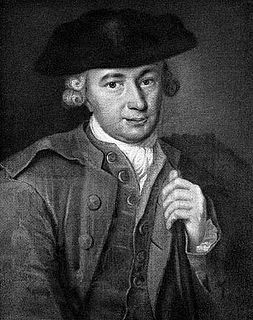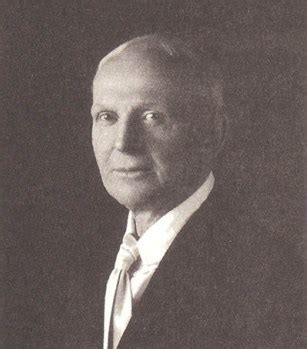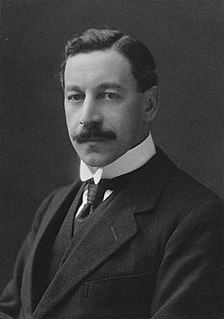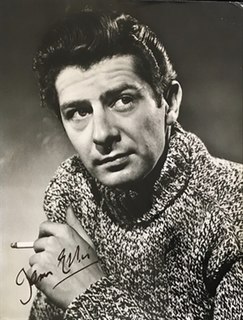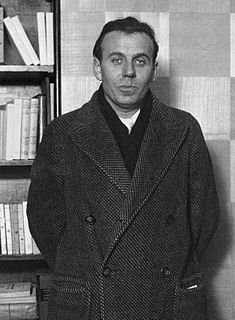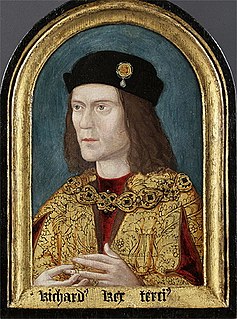A Quote by Johann Georg Hamann
A thirsty ambition for truth and virtue, and a frenzy to conquer all lies and vices which are not recognized as such nor desire to be; herein consists the heroic spirit of the philosopher.
Related Quotes
The true church is not made of creeds and forms, nor is it contained in walls of wood and stone; the heart of man is its temple and the Spirit of truth is the one guide into all Truth. When men learn to turn within to the Spirit of truth, who is in each one for his light and inspiration, the differences between the churches of man will be eliminated, and the one church will be recognized.
Fiction writers, at least in their braver moments, do desire the truth: to know it, speak it, serve it. But they go about it in a peculiar and devious way, which consists in inventing persons, places, and events which never did and never will exist or occur, and telling about these fictions in detail and at length and with a great deal of emotion, and then when they are done writing down this pack of lies, they say, There! That's the truth!
There is scarce any passion so heartily decried by moralists and satirists, as AMBITION; and yet, methinks, ambition is not a vice but in a vicious mind: in a virtuous mind it is a virtue, and will be found to take its color from the character in which it is mixed. Ambition is a desire of superiority; and a man may become superior, either by making others less or himself greater.
No one should judge that he has greater perfection because he performs great penances and gives himself in excess to the staying of the body than he who does less, inasmuch as neither virtue nor merit consists therein; for otherwise he would be an evil case, who for some legitimate reason was unable to do actual penance. Merit consists in the virtue of love alone, flavored with the light of true discretion without which the soul is worth nothing.
an Autobiography is the truest of all books; for while it inevitably consists mainly of extinctions of the truth, shirkings of the truth, partial revealments of the truth, with hardly an instance of plain straight truth, the remorseless truth is there, between the lines, where the author-cat is raking dust upon it which hides from the disinterested spectator neither it nor its smell... the result being that the reader knows the author in spite of his wily diligences.
Amongst other our secular businesses and cures, our principal intent and fervent desire is to see virtue and cleanness of living to be advanced, increased, and multiplied, and vices and all other things repugnant to virtue, provoking the high indignation and fearful displeasure of God, to be repressed and annulled.
Liberty lies in the hearts of men and women; when it dies there, no constitution, no law, no court can save it ... The spirit of liberty is the spirit which is not too sure that it is right; the spirit of liberty is the spirit which seeks to understand the minds of other men and women; the spirit of liberty is the spirit which weighs their interests alongside its own without bias.
The philosopher forms his principles on an infinity of particular observations. He does not confuse truth with plausibility, he takes for truth what is true, for false what is false, for doubtful what is doubtful, and probable what is probable. The philosophical spirit is thus a spirit of observation and accuracy.
